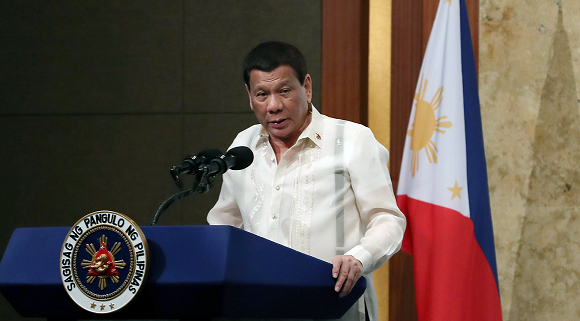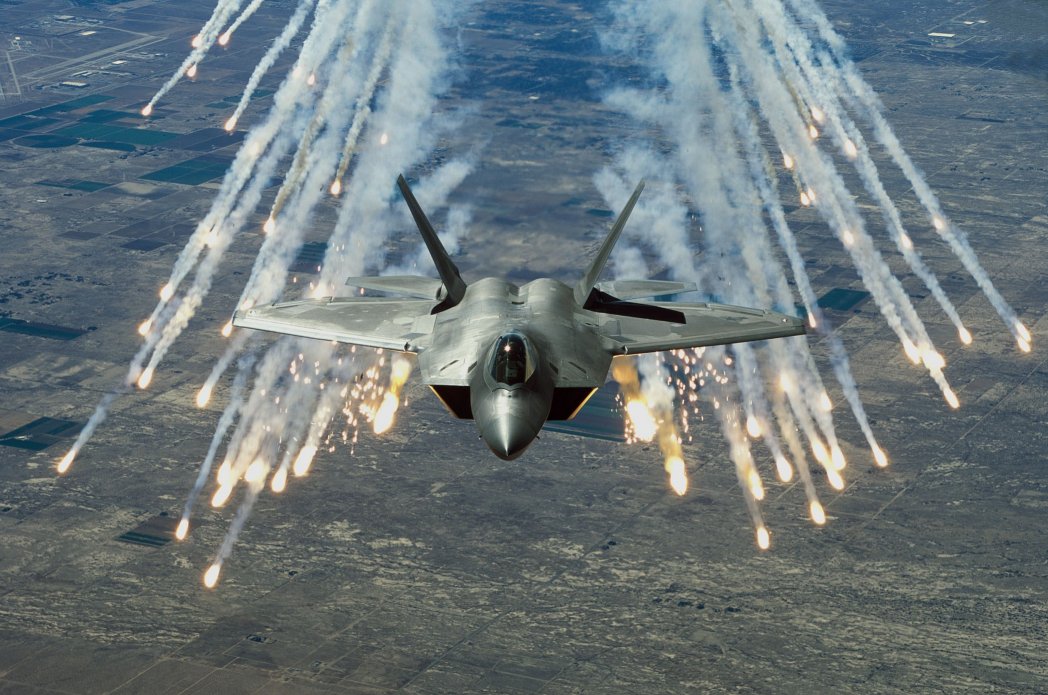As tensions continue to rise in the Indo-Pacific, the President of the Philippines, Rodrigo Duterte, has turned his attention to realigning with the United States and allies. This shift in policy from aligning the Philippines with Beijing in 2016- to a complete pivot to Washington- has now opened up possible opportunities for the US and its allies to strengthen bonds in Asia. President Duterte, like many world leaders in Asia, has realized that trying to strike a deal with Beijing may be a less effective strategy than previously thought. President Duterte’s new reorientation strategy is good news for the US and NATO, as it is the exact opposite of his previous claims in 2016, where he discussed a want to embrace alliances with Russia and China.
The US considers the Philippines a “Major Non-NATO Ally”, giving the nation a designation that includes a status of military and economic privilege with the US, barring any security commitments. However, the US recently vowed to defend the Philippines, including in the South China Sea. Despite President Duterte’s announcement to create strong bonds with China and Russia, the US and the Philippines remained steadfast allies. Since President Duterte has announced his intentions to reorient back to alliances with the US and western allies, NATO should examine the possibility of enhancing relations with the Philippines. The NATO 2030 global approach currently focuses on developing relations with four key partners in the Indo-Pacific: Japan, Australia, New Zealand and the Republic of Korea. The new Philippines pivot is a good starting point for NATO to begin looking towards the Philippines as a strategic partner for its global approach.
NATO and these four key partners in the Indo-Pacific meet regularly to discuss global balance of power and mutual security issues. It allows the partners to continue to promote a mutually beneficial sense of awareness in global affairs, especially when it comes to the status of the Indo-Pacific region. The new announcement by President Duterte gives NATO the chance to bring the Philippines in to enhance these partnerships and strengthen security in the Indo-Pacific region. Freedom of navigation in the South China Sea is vital to all aspects of trade and energy, along with maintaining Sea Lines of Communication (SLOC). The more countries participating in cooperation, the better. Since the Philippines has emphasized its relations with China being purely economic in nature, it may be within the realm of interest for strategic partners in the region who have less ties to China to bring the Philippines into these discussions with NATO. This would help provide a more comprehensive picture of security. However, the Philippine Constitution requires President Duterte to step down in June 2022, when his term will come to an end. Keeping the Philippines in the strategic loop of the western alliances is more important now than ever, and NATO can help bolster this relationship.
Many other aspects of the China-Philippines relationship point to a firm baseline that both countries are not likely to become allies anytime soon. The Filipino population largely favors relations with the United States over China. A poll conducted by the ISEAS-Yusof Ishak Institute in early 2021 showed that 87% of Filipino respondents said they would choose the US over China if they needed to align with a country. This is the highest proportion in all of Southeast Asia. Along with these statistics, the Philippines and China have had constant disputes in the South-China Sea, promoting tensions between the two countries, and certainly not driving either towards an alliance- or even a strategic partnership- anytime soon.
So, what is holding NATO back from capitalizing on relations with the Philippines? A strategy that welcomes the Philippines as a strategic partner in the Indo-Pacific can only help enhance the Indo-Pacific relations that NATO has already established. There is a pocket of opportunity presented when looking at the Philippines and their strategy to pivot back to the United States. With strong narratives against China from the local Filipino population, there is a likelihood that their new president will feel the same. Promoting a partnership with the Philippines now is crucial to avoiding a pro-China Philippines in the future. To maintain the balance of power in the Indo-Pacific, it is imperative that NATO consider situations like this a good opportunity for promoting mutual security and cooperation in the region.
Photo: President Duterte attending a business forum in Seoul by Jeon Han. Via Flicker
Disclaimer: Any views or opinions expressed in articles are solely those of the authors and do not necessarily represent the views of the NATO Association of Canada or the United States Air Force.




